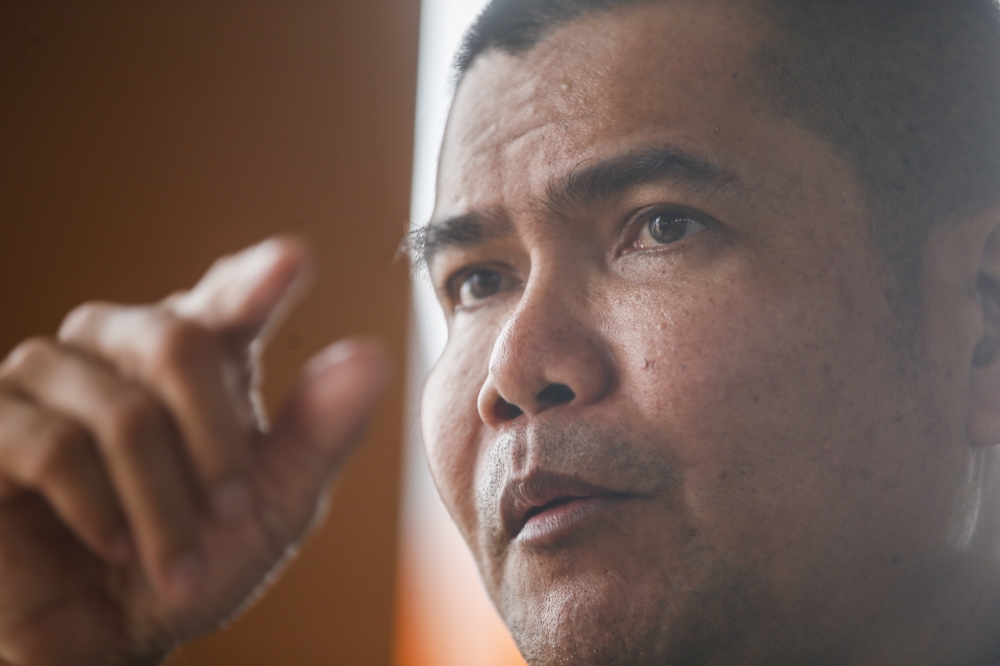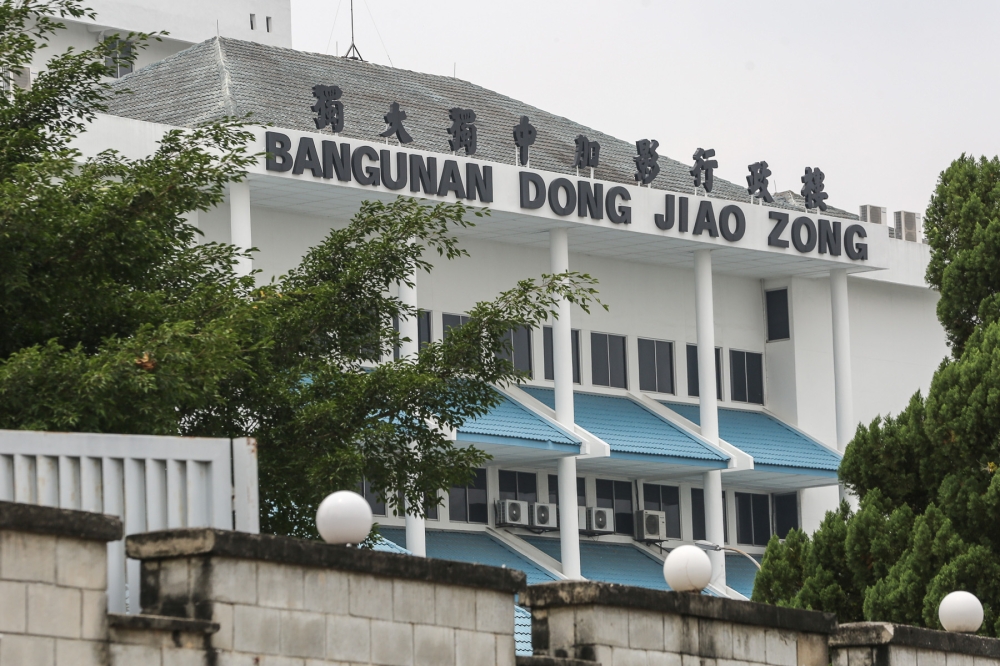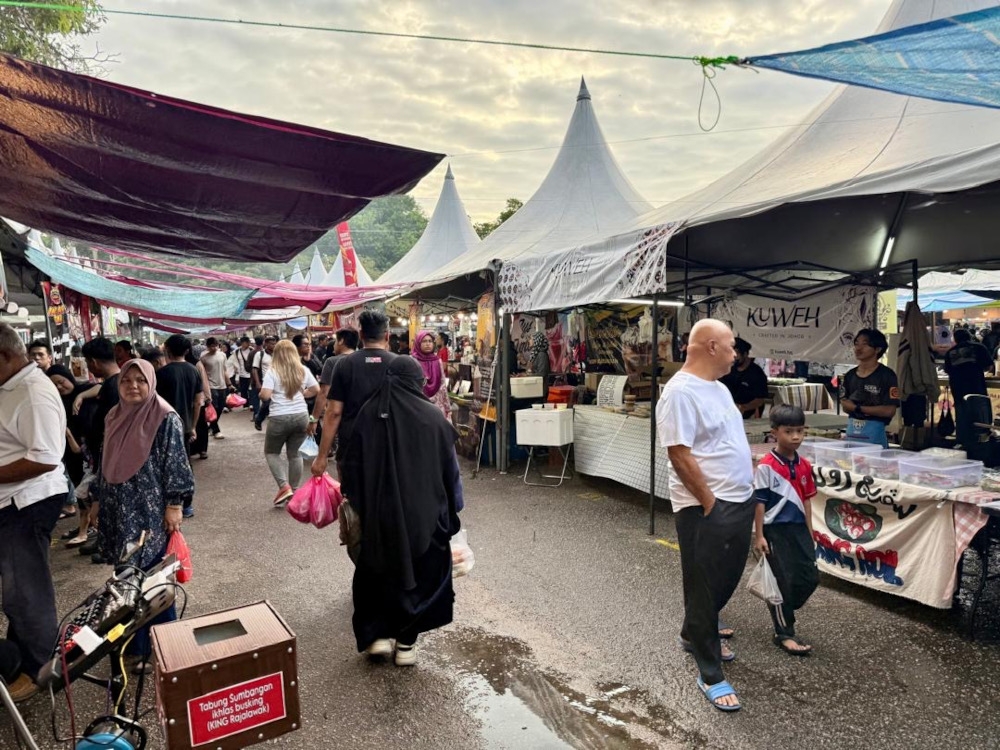IPOH, July 8 — Malaysian private sector employers are receptive to the idea of having childcare centres at work, believing such a facility will lure more working parents to join the workforce as full-time staff.
A stronger workforce generally raises productivity, but two employers that Malay Mail spoke with said that the prohibitive cost aside, there are other considerations as to why the service is not more pervasive nationwide.
Health, safety and trust
Datuk Lim Si Boon, the Perak branch chairman of the Malaysian International Chamber of Commerce and Industry, said employers had to consider the industry, environment and even impact of setting up a childcare facility.
“Some parents would not like children in a factory in a heavy industrial estate, especially a noisy one,” he said.
To companies, health and safety concerns for their staff is one thing, but to have to worry about the health and safety of their employers’ children is another matter altogether, he said.
“What happens when foot-and-mouth breaks out?” he said, giving an example of potential health hazards that management must make contingencies for.
“For some parents, it is a matter of trust too,” he added.
The money issue
Working parents have cited the high cost of sending their children to a nursery, day care or even engaging nannies. Hotel general manager Patrick Tee shared the same sentiment.
He related that nearly 70 per cent of the hospitality industry is staffed by women, and childcare facilities at their workplace would have been a positive step for their career.
“However, the cost to set up and maintain a childcare centre can be costly,” he said,
Lim said that setting up childcare facilities at a company may not necessarily be cheaper and may have a greater domino effect on the economy.
He said the scale of the business too needed to be taken into account. Among the employers he knows to have childcare facilities at work are oil-and-gas giant Shell in Miri, and international schools in cities like Tenby, Garden and Alice Smith, which provide nurseries for teachers with very young children.
But Lim said a large proportion of Malaysian employers are in small to medium enterprises. Those in small towns operate more micro businesses.
“They would not have enough employees to justify an onsite one,” he said.
On the other hand, major companies with a more prestigious address, like businesses that operate in the Kuala Lumpur City Centre, would have to pay high rental for space to set up childcare there.
“Operators would pass the cost on to the consumer,” he said.
Lim added that the company’s blue-collar workers would not be able to pay for those services either.
“It is a cost to both employer and employee… If the company pays, it would affect cost. That is why, in most countries, it is not compulsory to provide care at workplaces,” he said.
The businessman said negotiating cost between employer and employee is tricky as the situation is not always “black or white” and would depend on what is at stake for the parties involved.
“If it provides an edge to the business, they will pay, but if parents want choice, parents will pay.”
Getting the private sector on board
Both Tee and Lim shared the same view that for employers to make the workplace a more child-friendly zone, the government needs to provide some form of incentive.
“This would only be possible if there is a tax rebate incentive scheme or a certain percentage of funding provided by the government based on the number of children cared for by the centre,” said Tee.
Lim said that without tax benefits, it will be another additional burden on business, especially companies that have an overseas base, which would compare the cost between the countries.
Deputy Women, Family and Community Development Minister Hannah Yeoh said last week that the government is looking into introducing a 10 per cent tax break incentive to private sector employers for 10 years if they set up a day care centre at work.
The perennial headache for working parents emerged again after the gruesome discovery of five-month-old Adam Rayqal Mohd Sufi who was found stuffed inside the freezer compartment of a refrigerator at his caretaker’s home in Batu Caves, Selangor last Tuesday.



















